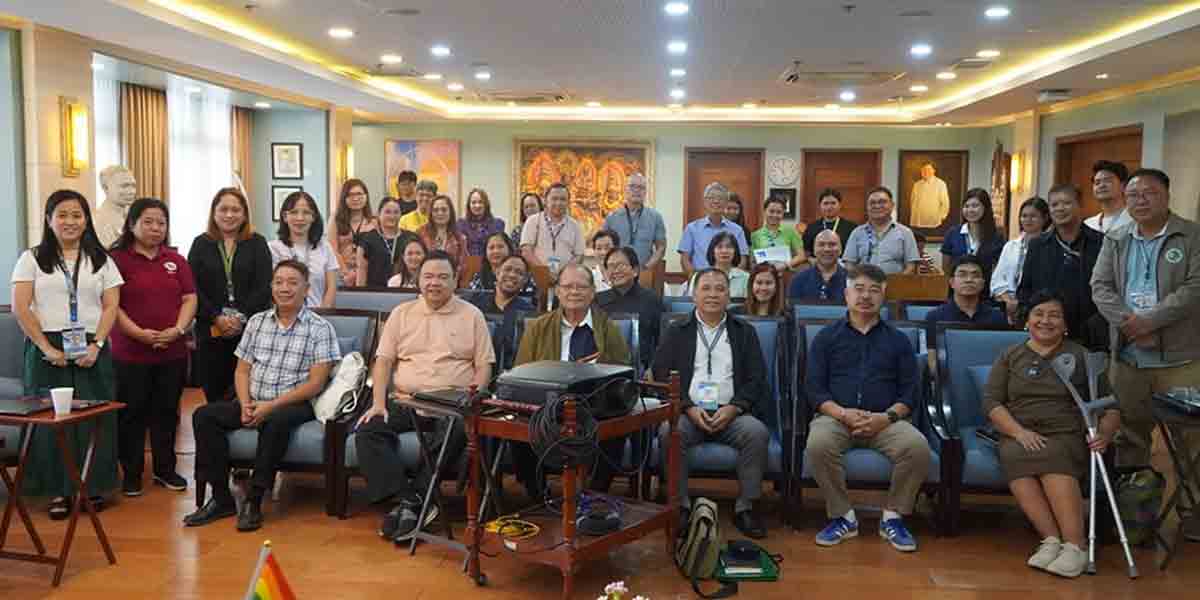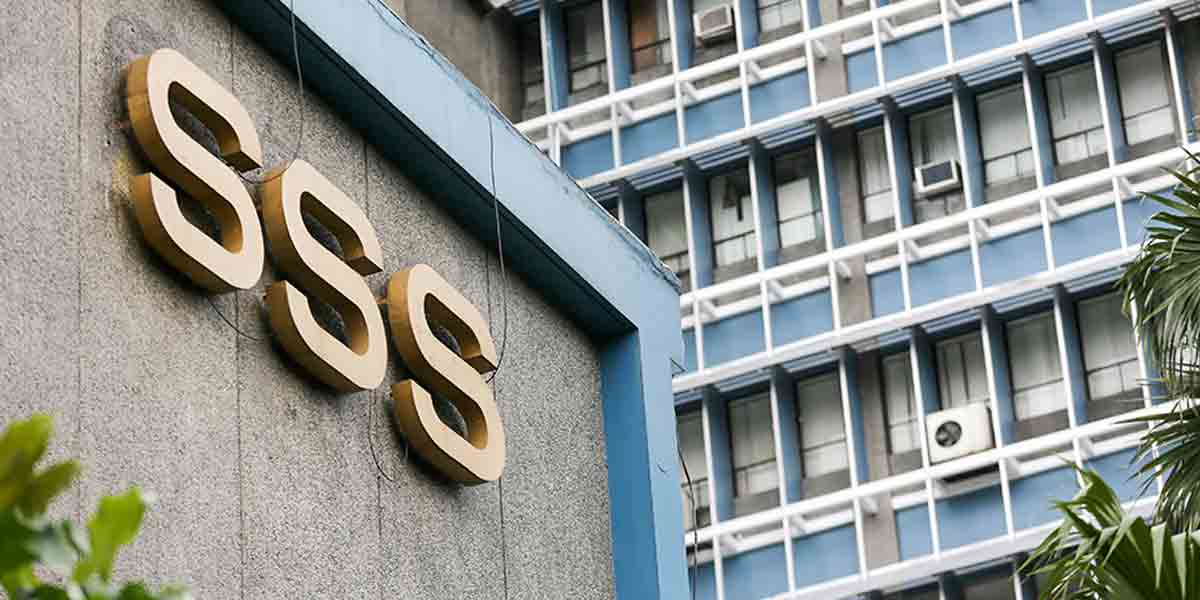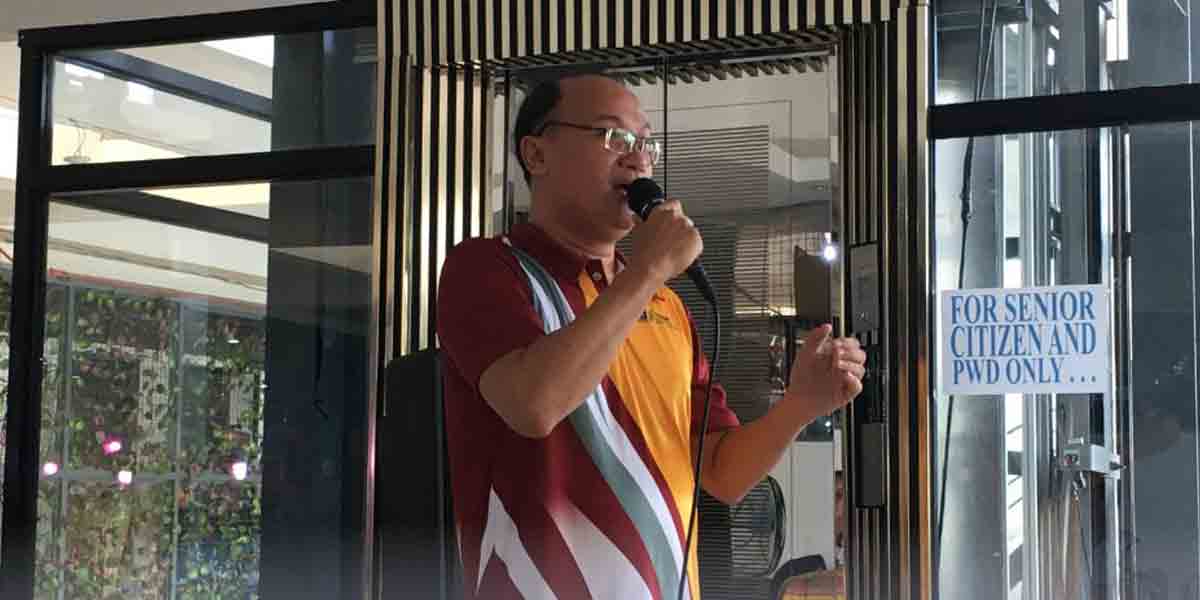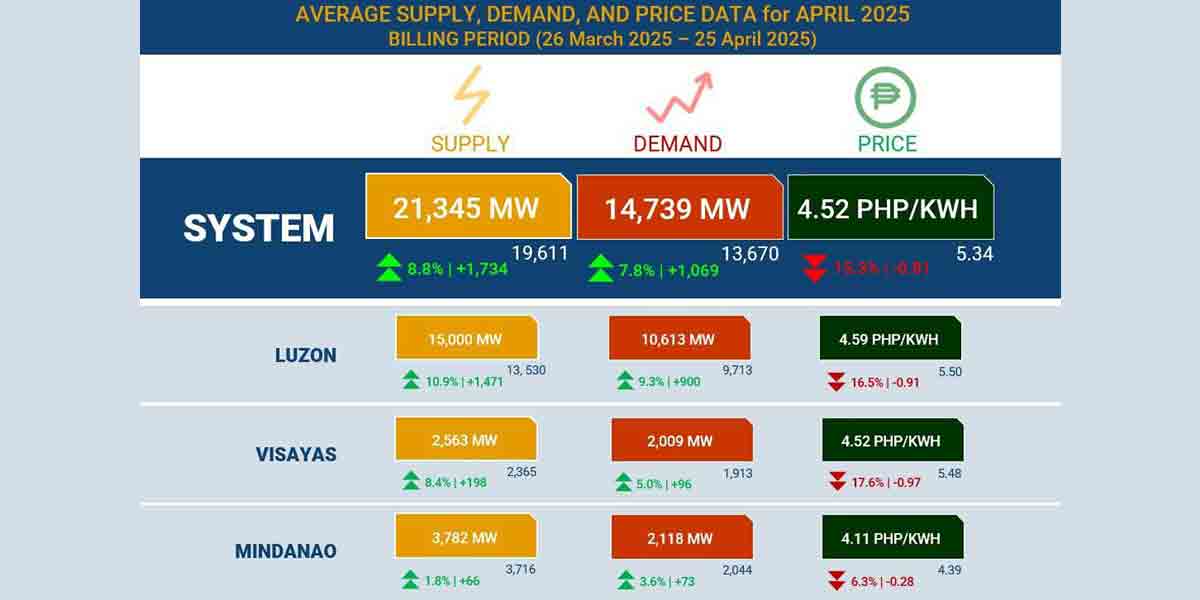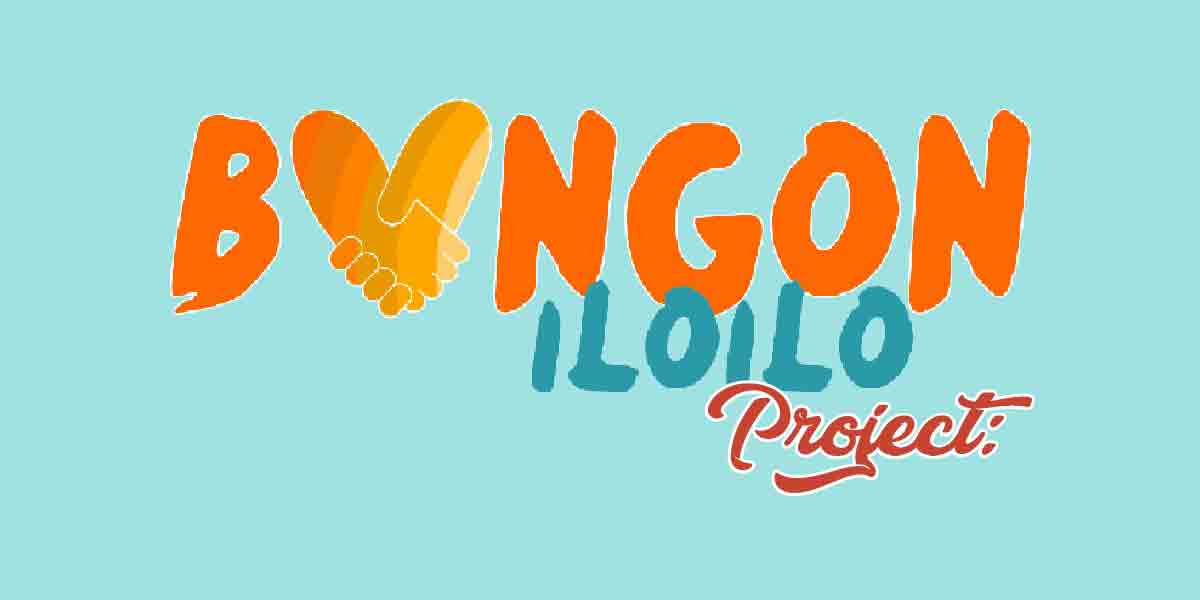
By: Al Restar, Zero Day
Last month, Facebook announced its most ambitious venture yet: the Libra currency. Along with the announcement that they are working on launching the new digital coin in the first quarter of 2020, Facebook made promises regarding its crypto project.
The Silicon Valley company said that Libra would be different from other cryptocurrencies. Facebook says that its crypto project will be backed by real currencies like the US dollar and by several government securities. Furthermore, it will also be regulated by a group of corporations, which Facebook is conveniently one of the founding members, called the Libra Association.
Unlike, Bitcoin, the most popular cryptocurrency today, Libra promises to be secured, regulated, stable. Facebook even says that they won’t be part of the regulating body for Libra even if the company is (technically) the founder of the Libra Association. Instead, Facebook says, the cryptocurrency, which will also run through its own blockchain tech called Libra Blockchain, will be regulated independently by the Libra Association, which is an independent entity composed of other huge companies like VISA, Mastercard, and Paypal.
Where will Facebook earn from this, you may ask. Well, Facebook will be running the exchange platform for Libra. They call it Calibra and it serves the same purpose as Coins.ph – an online wallet where the cryptocurrency is stored and where the transaction would happen.

So yes, with Libra, Facebook wants to be the bank that handles all the transactions involving the digital coin. Facebook’s Calibra will create the bridge between the Libra Association and the end-users, so to say.
After Facebook made the announcement about Libra in June, the new digital currency immediately gained attention in the international community. Some are excited about the possibility of Libra, saying that it would democratize banking and revolutionize how people conduct their transactions. Some even pointed out how the announcement of Libra validated other cryptocurrencies that lead to Bitcoin’s sudden price hike.
However, it seems like governments and central banks aren’t happy with the coming of Libra. In the United States, many state officials, including the President, some senators, and the Secretary of Finance called for Facebook to halt its plans to release Libra immediately. Donald Trump even said that if Facebook wants to be a bank, they should instead file for a banking charter.
And the opposition doesn’t come solely from the United States. Government around the world, including the EU, as well as central banks of China, Japan, and the UK, echoes Trump’s sentiments questioning how the presence of Libra in the global market would impact banking systems and how can Libra be used by criminal elements for money laundering.

Among these concerns, one thing hits closer to home. The biggest roadblock faced by Facebook’s digital coin venture is itself. For the past few years, Facebook has been riddled with controversies and scandals that relates to how the tech giant handles data privacy.
Put it this way: people don’t trust Facebook with their data; let alone their money.
Last week, Facebook was slapped with a $5 Billion settlement from the Federal Trade Commission in relation to the role of the social media platform in some of the biggest data leaks in history. One particular case that has caught massive attention was when Cambridge Analytica, a British PR firm, gained access to the data of millions of Americans from Facebook, which was used in a sophisticated campaign to manipulate public opinion back in the US Presidential Elections in 2016.
A few months ago, Facebook admitted that they have been storing user passwords of millions of Facebook and Instagram accounts in human-readable formats, which means that their employees can read them without decryption.

With all of these incidents in mind, and considering that Filipinos use Facebook in almost all transactions – substituting emails, carriers, and other services for FB Messenger, for example – Facebook’s Libra seems to be a slippery slope. From who we are, what we do, where we live, who we flirt with, and how many dogs we have to our sales invoices, credit card numbers, and even our deepest, darkest secret, Facebook knows them.
That being said, would you trust Facebook in handling your money too? Probably. Most Filipinos don’t care about their data security, anyway.
But imagine this: when Libra is out, you will be using Facebook’s Calibra app to process transactions. This means that you will also be uploading supporting documents to validate your identity, similar to what Coins.ph do. The information that Facebook may require will range from a copy of your government-issued ID, your signature, a bank statement, and would even require you to link your bank account or credit card to the app.
Now imagine this: a threat actor or a hacker, who’s more enticed into attacking Facebook’s servers because of the wealth of new information they will now contain, decides to attack. With Facebook’s reputation in user data handling, it’s not far from reality when the hacker will be able to gain access to your Calibra account and steal funds. They could even use the information they can extract from attacking Facebook in infiltrating and taking over your entire financial identity.
But of course, all of these are a hypothetical possibility. While this is unlikely to happen, the possibility still exists. This way, I will leave you with this question: do you trust Facebook with your money?

